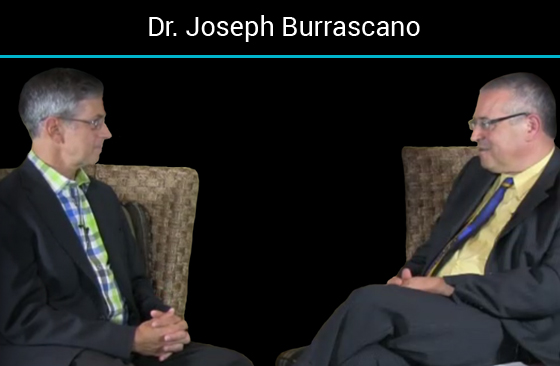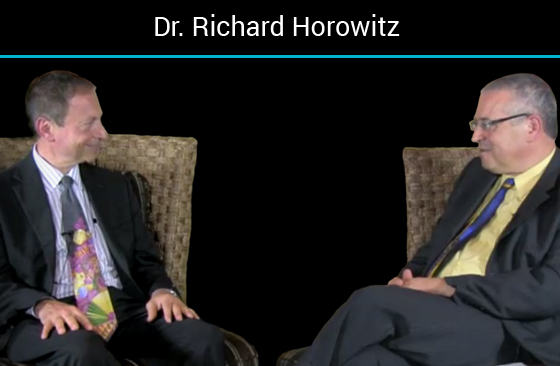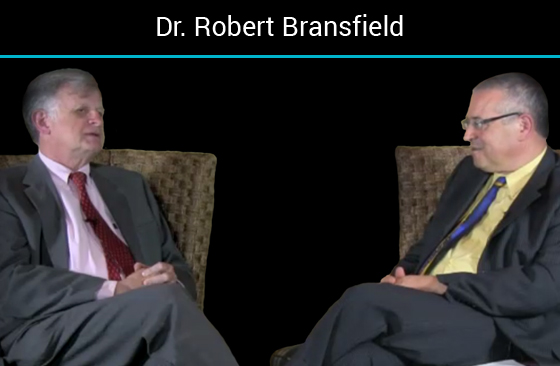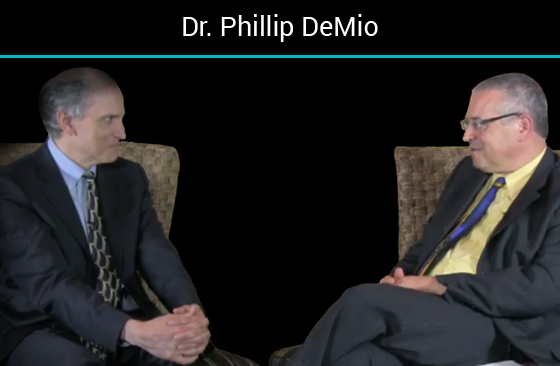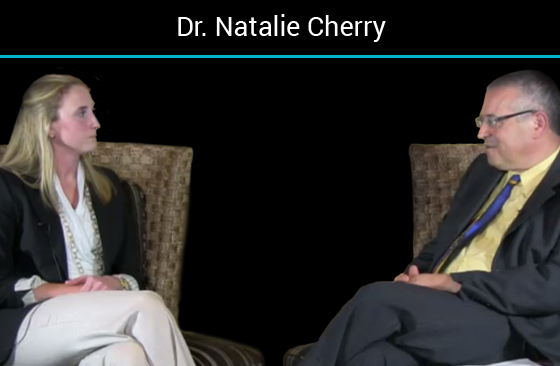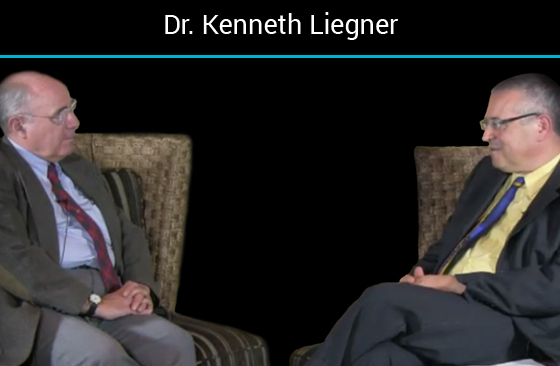Featured Guest: Dr. Madeleine Cunningham
Dr Cunningham received her PhD in1973 at University of Tennessee-Memphis in Microbiology and Immunology. She studied for 3 years as a postdoctoral fellow in Protein Studies at the Oklahoma Medical Research Foundation in Oklahoma City. Following her postdoctoral fellowship, she accepted a position at the University of Oklahoma Health Sciences Center & has maintained an active laboratory since 1980. Research in Dr. Cunningham’s laboratory investigates molecular mimicry, autoimmunity and infection in inflammatory heart diseases and in behavioral and movement disorders.
Her laboratory studies autoimmunity, infection and behavior which is manifest in diseases such as Sydenham’s chorea and in pediatric autoimmune neuropsychiatric disorder following group A streptococcal infection (PANDAS). Using human monoclonal antibodies, the work has identified antibody mediated neuronal cell signaling as a potential basis for movement or neuropsychiatric disorders and potentially other brain related disorders, including obsessive compulsive disorder, Tourette’s Syndrome and Tics. These diseases including PANDAS are under investigation to determine the relationship of autoantibodies which bind to brain antigens or signal in the brain to development of symptoms. She has recently received funding from the Lyme Disease Association and received the 2013 Trailblazer Award from Autism Speaks. She was funded by the National Institute of Mental Health Bench to Bedside Grant to investigate autoantibodies in PANDAS in the recent NIMH IVIG trial.
In addition, her laboratory investigates the pathogenesis of rheumatic carditis, a sequela of group A streptococcal pharyngitis, and of myocarditis, a complication that can follow coxsackieviral infections. Rheumatic carditis affects the heart valves, while myocarditis results in the destruction of the myocardium. Studies in myocarditis currently are supported by the National Heart Lung and Blood Institute and are focused on a 5 year longitudinal study of T cell subsets and monocyte responses in patients with myocarditis who develop cardiomyopathy. Translational research using human monoclonal antibodies and T cell clones from disease have provided clues about pathogenic mechanisms in disease. Other work funded by the National Heart Lung and Blood Institute includes studies of the pathogenesis of hypoplastic left heart syndrome in infants.
Dr. Cunningham has served many years on review panels at the National Institutes of Health and served on the National Research Committee at the American Heart Association. She was a representative of the United States for the US-Indo Vaccine Action Program. She was elected an AAAS fellow and ASM fellow. She received a National Heart Lung and Blood Institute Research Career Development Award and Merit Award. She has been supported by the NIH for the past 25 years. She is the Director of the NIAID supported Immunology Training Program at the University of Oklahoma Health Sciences Center. She lectured on the effects of autoantibodies on the brain in the Presidential Symposium at the American Association of Immunologists in 2010. Dr Cunningham is the author of over 100 publications.
Madeleine W. Cunningham, Ph.D.
George Lynn Cross Research Professor
Presbyterian Health Foundation Presidential Professor
Microbiology and Immunology
Director, Immunology Training Program
University of Oklahoma Health Sciences Center
Biomedical Research Center Room 217
975 NE 10th Street Oklahoma City, OK 73104






